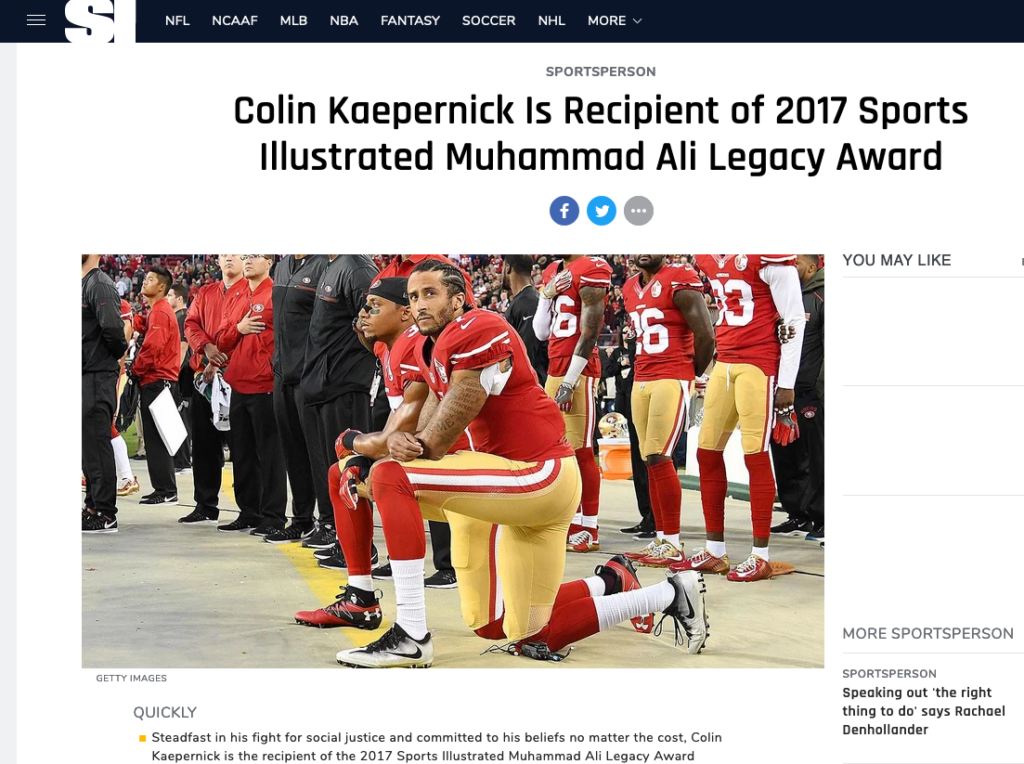Hooray! Today we’re finally getting fall!
The Blaze has released an audio recording that they recently obtained that appears to show Artem Sytnyk, Director of the National Anti-Corruption Bureau of Ukraine, admitting that he tried to boost the presidential campaign of Hillary Clinton by sabotaging then-candidate Donald Trump’s campaign.
The connection between the Democratic National Committee (DNC) and the Ukrainian government was veteran Democratic operative Alexandra Chalupa, “who had worked in the White House Office of Public Liaison during the Clinton administration” and then “went on to work as a staffer, then as a consultant, for Democratic National Committee,” Politico reported.
There’s Alexandra Chalupa again. Funny how often Democratic administrations tend to send bagmen on “diplomatic” missions… (Hat tip: Mark Tapscott at Instapundit.)
Corruption in modern D.C. is shaped like a triangle. A person or entity seeking a favor doesn’t hand the money directly to the politician or public official. Instead, the money goes to a trusted family relation under a vague “consulting” or “speaking” arrangement. This golden triangle of corruption appears over and over again in the Russia collusion hoax.
The Clinton email scandal and the Biden/Ukraine scandal have a lot in common. Both originated with snooping into high-level triangle schemes but morphed into a counter-scandal against Trump. In Clinton’s case, she deleted 30,000 emails that likely contained more evidence of favors to donors and friends. The process was so formalized that one Clinton Foundation official actually wrote a memo bragging about how the foundation work led to lavish speaking fees for Bill Clinton. As an example, he obtained speaking fees for Clinton from UBS in the amount of $900,000, $750,000 from Ericson “plus $400,000 for a private plane.” The memo author bragged that he negotiated a $1,000,000 fee for a one-hour Bill Clinton speech in China. When Clinton lost to Donald Trump in 2016, she no longer had influence to sell and the donations to the “charitable” foundation dried up.
But there have been several other triangle arrangements. Consider the Ohrs. Then-Associate Deputy Attorney General Burce Ohr, a very senior attorney in the Justice Department, lent his credibility to Hillary Clinton’s opposition research contractor by sponsoring it to the FBI. The same contractor, Fusion GPS, paid Bruce Ohr’s wife tens of thousands of dollars to work on the same project.
Then there are the McCabes. On July 5, 2016, then-FBI Director James Comey announced he would not refer Clinton for prosecution for the email scandal. In this announcement, he said, “I have not coordinated or reviewed this statement in any way with the Department of Justice or any other part of the government. They do not know what I am about to say.”
But in May of 2016, Director Comey initiated a string of emails to his Deputy Andrew McCabe (among others) titled, “midyear exam.” The FBI titled the release “Drafts of Director Comey’s July 5, 2016 Statement Regarding Email Server Investigation.” Thus, McCabe was involved in the early version of the statement exonerating Clinton (even though Comey said he didn’t coordinate his comments with anyone in government). This brought to close the FBI’s investigation which formally began in July of 2015.
But Clinton’s “oh shit!” moment came in March of 2015 when she realized she might face criminal charges. Coincidentally—ha!—close Clinton ally Terry McAuliffe approached McCabe’s wife to run for office in March of 2015. He then steered $675,000 into her campaign coffers.
Then there are the corrupt but yet unidentified reporters. In November of 2017, court documents revealed that Fusion GPS made payments to three journalists between June 2016 and February 2017. This period overlaps with the Clinton campaign utilizing campaign funds to secretly pay Fusion GPS to help promote the Russia collusion hoax. Thus campaign money was potentially used to influence journalists. If you look in the FEC’s cold storage bin, you might find the campaign finance violation complaint about campaign money secretly making its way from Clinton’s attorney to Fusion GPS.
Then there are the WilmerHale alumni that came home after working on the Mueller team. We just learned that the Justice Department waived a conflict of interest triggered by Robert Mueller’s work with WilmerHale. WilmerHale took money from Clinton to do legal work on some of the very same email scandals that involved the State Department/Clinton Foundation shenanigans. At the time Mueller’s team was gearing up, we were told that Mueller and several of his team members “gave up million-dollar jobs to work on special counsel investigation.” But did they? We’ve recently learned some of these WilmerHale alums have returned which raises concerns that these attorneys had informal outside agreements at the same time they’re supposed to be independently serving a special counsel investigating Clinton’s political opponent.
It’s 2019, and I’m still tagging things with “Hillary Clinton Scandals.”
Carl Icahn, one of America’s most well-known investors, has summoned the movers, joining what, in an average year, adds up to almost a half-million New Yorkers looking for a better place to live. As with the largest share of former Empire Staters, Icahn is moving to Florida, a state with no personal income tax.
Icahn isn’t just moving to Florida alone; he’s also offering each of his staff $50,000 in relocation benefits to move with him.
Icahn, 83, has been paying New York’s top 8.82 percent tax on income for his entire storied career. Why move now?
President Trump’s 2017 Tax Cuts and Jobs Act limited state and local tax (SALT) deductions to $10,000 per filing household. Let’s assume, for the sake of discussion, that Icahn earned $500 million in a year. The new $10,000 SALT deduction cap means that he’d not be able to take a deduction on about $44 million in state and local income taxes—not including additional property taxes. As a result, his federal tax liability would about $16.3 million greater—just for living in New York.
While most taxpayers in New York—and every other state—saw their overall taxes decline as a result of the 2017 tax cut, some wealthy taxpayers in high tax states like New York and California saw a far smaller tax cut or, in a few cases, a tax increase. That’s because the federal tax code no longer provides a generous subsidy—through an unlimited SALT deduction—for steep state and local taxes.
This led New York’s Democratic Gov. Andrew Cuomo to complain via Twitter that “The elimination of the #SALT deduction (state and local tax) was an economic attack on Democratic states.”
Of course, he could also ask the New York legislature to cut taxes. But he won’t. As a result, wealthier New York taxpayers have likely shelled out an additional $38 billion in federal taxes over the past seven quarters as a result of changes to the tax code.
In California, the state with the highest marginal personal income tax rate in the nation at 13.3 percent higher-end taxpayers have probably seen their federal tax liabilities increase by about $45 billion over what their peers in the lower-taxed states like Florida and Texas would be paying.
Limiting the federal tax deductibility of high state and local taxes in late 2017 had the same economic effect as passing 50 state tax law changes at once.
Since the tax law’s enactment, private-sector job growth in the 27 low-tax states with average 2016 SALT deductions of under $10,000 has run at more than double the rate of those 23 states with average SALT deductions above $10,000, adding 3.7 percent more jobs compared to only 1. 8 percent. The gap in manufacturing jobs is even greater: 3.4 percent job growth in the low-tax states vs. 0.8 percent in the high-tax states from December 2017 to July 2019. New York saw its manufacturing jobs shrink by -0.4 percent.
I am informing the council of this with no agenda; as a non-citizen of the United States I cannot vote. Even if I could, none of the candidates from either side have any policies that are of interest to me. I am, as mentioned before, a lizard who lives just off the coast of Japan. I breathe fire. Most of my needs are sudden, violent, and cannot be met through typical democratic legislation. In that sense, a two-party system is not practical to me.



